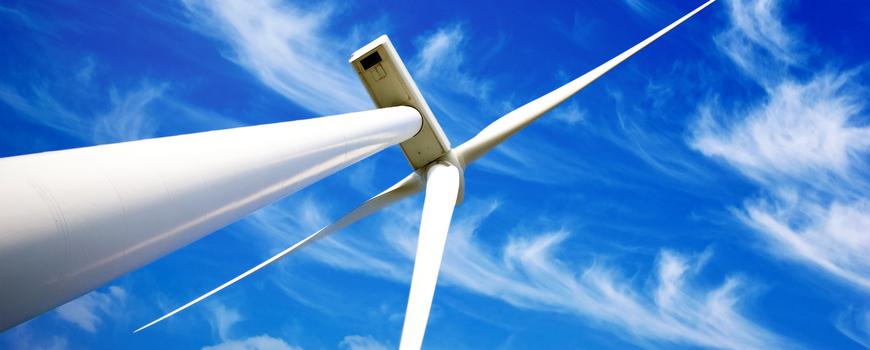
The Minister for Communications, Energy & Natural Resources launched a new energy policy for Ireland in December 2015. The new white paper, Ireland’s Transition to a Low Carbon Energy Future, is the first comprehensive update of energy policy since 2007.
This article summarises the key elements of the new policy. Government has committed to publishing annual energy policy updates and to undertaking comprehensive policy reviews every five years, the first of which will be in 2020.
Energy targets
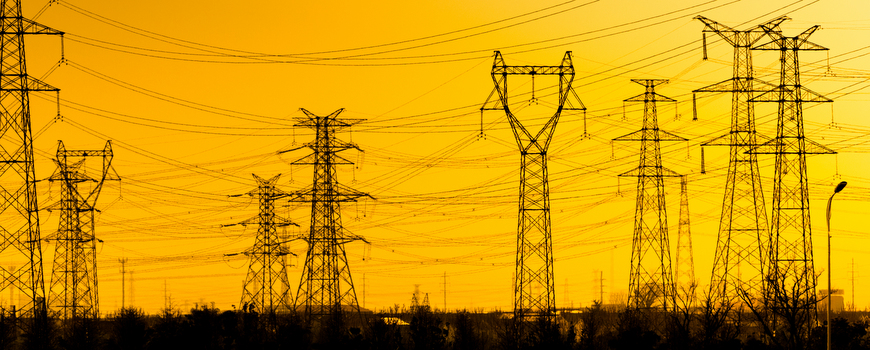
The energy white paper sets out a policy framework for Ireland for the period to 2030, although it introduces the concept of a longer-term energy transition that will take place between now and 2050. The policy establishes 2020 and 2030 as important milestones in this transition.
-
2020: there are no changes to the existing 2020 energy targets. Ireland is approximately half way to achieving them.
-
2030: the paper notes the EU-level climate and energy targets for 2030, but does not commit Ireland to any 'new' targets for 2030. Ireland 'will make a technically feasible, cost-effective and equitable contribution to…[the]…overall EU ambition'.
-
2050: the long-term goal is to reduce energy-related CO2 emissions by 80-95%, compared to 1990 levels. To achieve this, fossil fuels will be 'of the order of 19-30% of final energy demand' by 2050. Fossil fuels currently represent over 90% of consumption; their contribution will be 84% in 2020, if the 2020 targets are met.
-
2100: Ireland will have zero or negative GHG emissions by the end of the century.
Decarbonisation
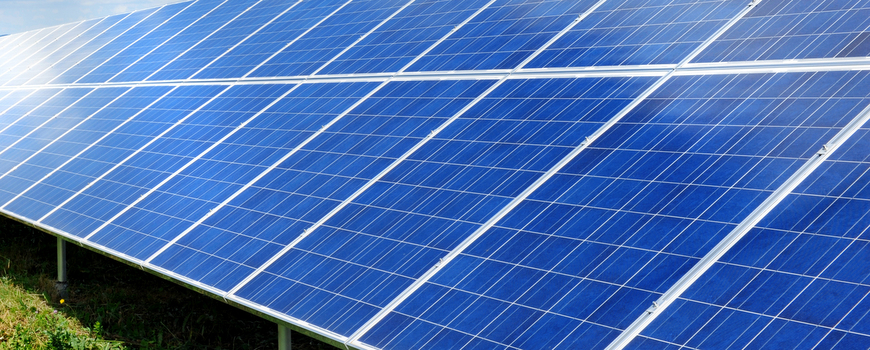
The three pillars of energy policy remain, i.e. security, competitiveness and sustainability. While the paper emphasises the need for balance between the pillars, there is a strong focus on sustainability and decarbonisation.
- The ambitious decarbonisation goal for 2050 will be achieved through a combination of energy efficiency and renewable energy, with some fuel switching to less carbon-intensive fuels. The paper does not quantify the expected contribution from each of these elements, or that of specific technologies.
- There will be no single technology solution; instead 'a diverse range of technologies will be required along the supply chains for electricity, heat and transport'. The policy is not prescriptive with respect to the technologies that will be adopted. Future technology choices will be shaped by technological development and market factors.
- Ireland will seek a strong EU framework for carbon pricing to stimulate fuel switching away from carbon-intensive options and the deployment of sustainable energy technologies.
Energy efficiency
- Decisions regarding the roll-out of smart meters will be made in 2016.
- New financing mechanism(s) will be introduced to fund retrofits in the residential sector, although no timeframe is specified. Building regulations will also be enhanced.
- Policy for the enterprise sector will focus on building capacity in energy management and developing the energy services market.
- A standalone policy statement on energy efficiency in the public sector will be introduced in early 2016 (a public sector energy efficiency action plan).
- The energy efficiency obligation scheme will be extended to include the electricity and gas distribution system operators.
Decarbonising electricity
- Large-scale wind will continue to play 'an important role' and will be complemented with smaller-scale wind and other renewable technologies including bioenergy, solar PV and offshore energy as they 'mature and become more cost effective'.
- Onshore wind will be developed before higher-cost offshore wind. The latter may be developed in the longer term to serve export markets and, potentially, domestic demand. Other ocean energy technologies will play a part 'in the medium to long term'.
- Solar PV is being considered for inclusion in a new support scheme for renewable electricity, which will be introduced later in 2016.
- 'Nuclear power generation in Ireland is currently prohibited by legislation'.
Decarbonising heat
- Policy is likely to focus on supporting the deployment of indigenous biomass resources in the heat sector, rather than for power generation. The previously-proposed renewable heat incentive (RHI) will be introduced for the non-ETS sector in 2016, subject to further approvals.
- Further policy will be introduced to support the electrification of residential heating, and to support the development of district heating and combined heat & power (CHP).
- A 'comprehensive heating strategy' will be introduced to decarbonise the heating sector beyond 2020.
- A regulatory framework will be introduced for geothermal energy.
Decarbonising transport
- The biofuels obligation scheme will be the main policy instrument up to 2020, with an increase in the obligation proposed for 1 January 2016.
- Eco-driving and the existing smarter travel policy will also play a part, as will electric vehicles and less carbon-intensive fossil fuels, including liquefied petroleum gas (LPG), compressed natural gas (CNG) and liquefied natural gas (LNG). The existing 50,000-electric-vehicle target and the associated grant and tax-relief schemes are referenced in the paper.
- 'Further rail electrification will be a priority in future capital plans.'
Other low carbon technologies
-
Energy storage technologies will play a role in the energy transition and will be further examined.
Fossil fuels
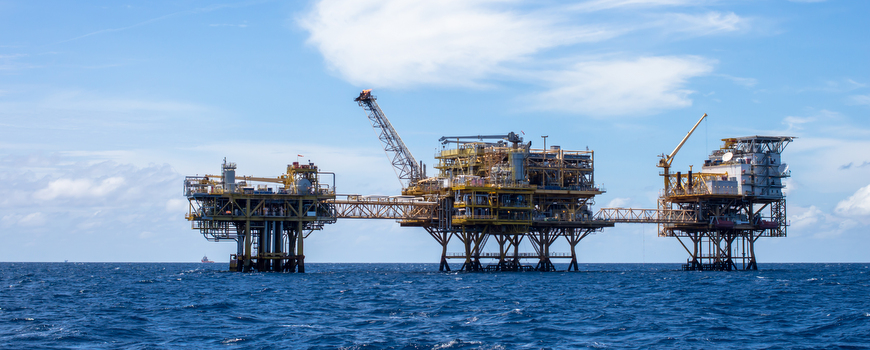
- Coal and peat will be 'replaced over time' with lower carbon alternatives, including gas. The paper does not include a decision on the future of Moneypoint. A decision will be made 'before 2020'.
- There will be an enduring role for oil and gas. Both will contribute to energy security 'through the period of transition, on a declining basis over time'.
- The paper emphasises the economic and security benefits of exploiting indigenous hydrocarbon resources and commits to continuing to modernise policy for offshore oil and gas exploration.
- The ongoing operation of the oil refinery at Whitegate, Co. Cork, is 'highly desirable from a strategic energy security perspective'.
- No applications for hydraulic fracturing (fracking) projects will be considered until the Environmental Protection Agency’s research in this area has concluded (in 2016).
- Carbon capture & storage (CCS) will be reviewed by Government in 2017, as part of an existing five-year review cycle.
Energy security
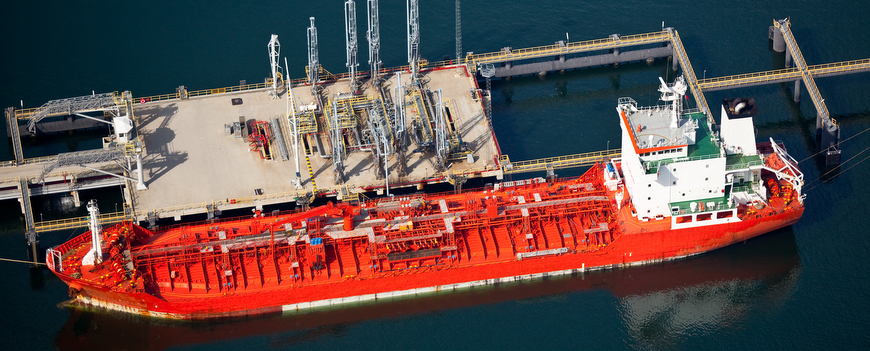
- The level of strategic oil reserves held on the island of Ireland will be maximised, 'subject to increased storage availability and value for money considerations'.
- The paper emphasises the importance of EU-level cooperation for Ireland’s energy security (especially gas security) and outlines the emerging linkages between cyber security and energy security.
- Further analysis will be undertaken on storage and interconnection requirements, on the potential for LNG, and on the existing primary and secondary fuelling requirements in the power sector.
Energy infrastructure
- Investment in energy infrastructure will be required to 'support the energy transition across the transport, heat and electricity networks'. The paper emphasises the importance of timely delivery and 'solid engagement with community and planning authorities'.
- The importance of the Grid25 strategy, of additional electrical interconnection and, specifically, of the proposed north-south interconnector are all noted in the paper.
- Government will seek to access EU funding for interconnection projects.
Electricity & gas market regulation
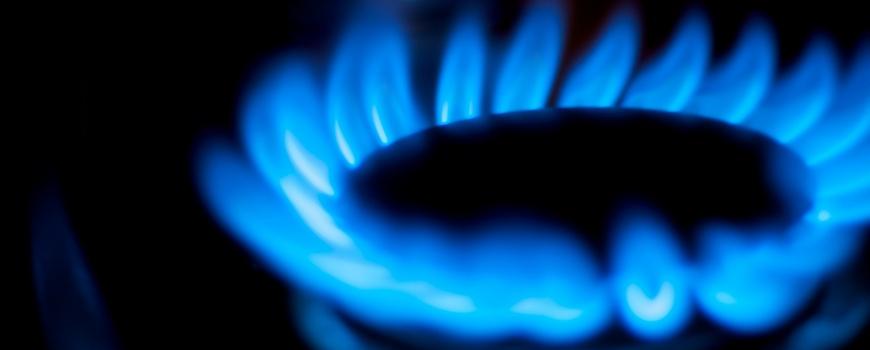
- The paper emphasises the importance of regulatory stability, transparency and independence, and notes the track record of the Commission for Energy Regulation (CER) in this regard.
- The electricity and natural gas networks will be retained in State ownership.
- The regulatory framework and the mandate of the CER will be formally reviewed.
- A legislative work programme for the regulation of these markets will be published by mid-2016.
- The policy reiterates Government support for the new integrated single electricity market (I-SEM), which will be implemented by 2017.
Energy prices
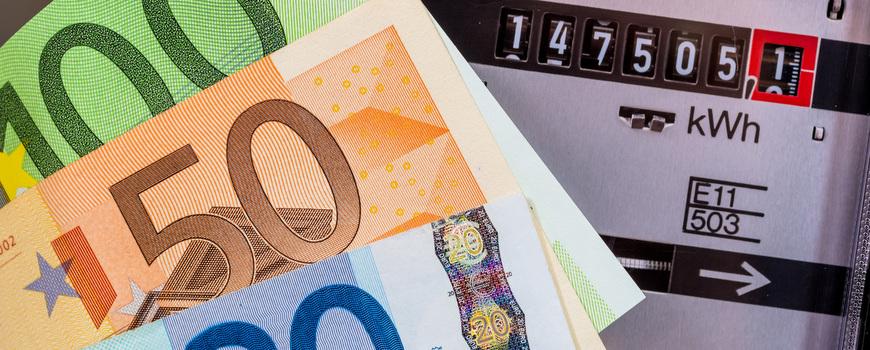
The paper emphasises that many of the determinants of energy costs are 'are beyond the influence of Irish Government policy'. The role of Government is limited to regulation of certain markets and targeted intervention in support of policy objectives. Policy choices and interventions will be subject to cost-benefit analysis.
- A new affordable energy strategy will be introduced in 2016.
- Energy suppliers will be obliged to provide more information on bills, to encourage more proactive consumer behaviour.
- The paper confirms the termination dates for the current public service obligations (PSOs) for peat (2015-2020), gas (2016) and renewable technologies (2032), although it leaves the door open for future policy interventions to be funded via PSO.
Citizen engagement

- The new policy seeks to engage citizens in the decarbonisation of the energy system, including by adopting energy-efficient behaviour, by participating in renewable energy project development, by engaging in the policy development process and through better consultation during infrastructure planning and deployment.
- A National Energy Forum, with broad participation, will meet periodically 'to consider evidence-based inputs on the challenges arising from the energy transition'. It will first convene in Q3 2016.
One of Byrne Ó Cléirigh's partners acted as specialist advisor to the Minister for Communications, Energy & Natural Resources on the preparation of the energy white paper.
